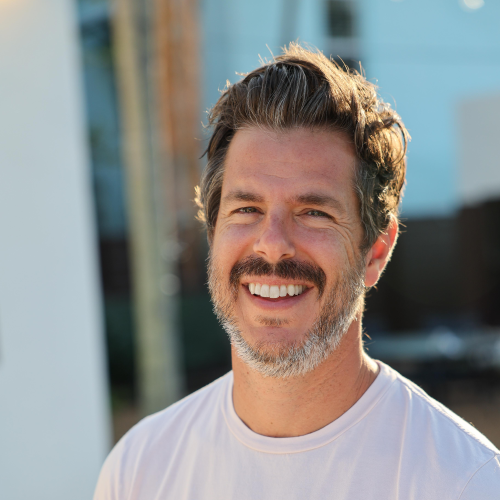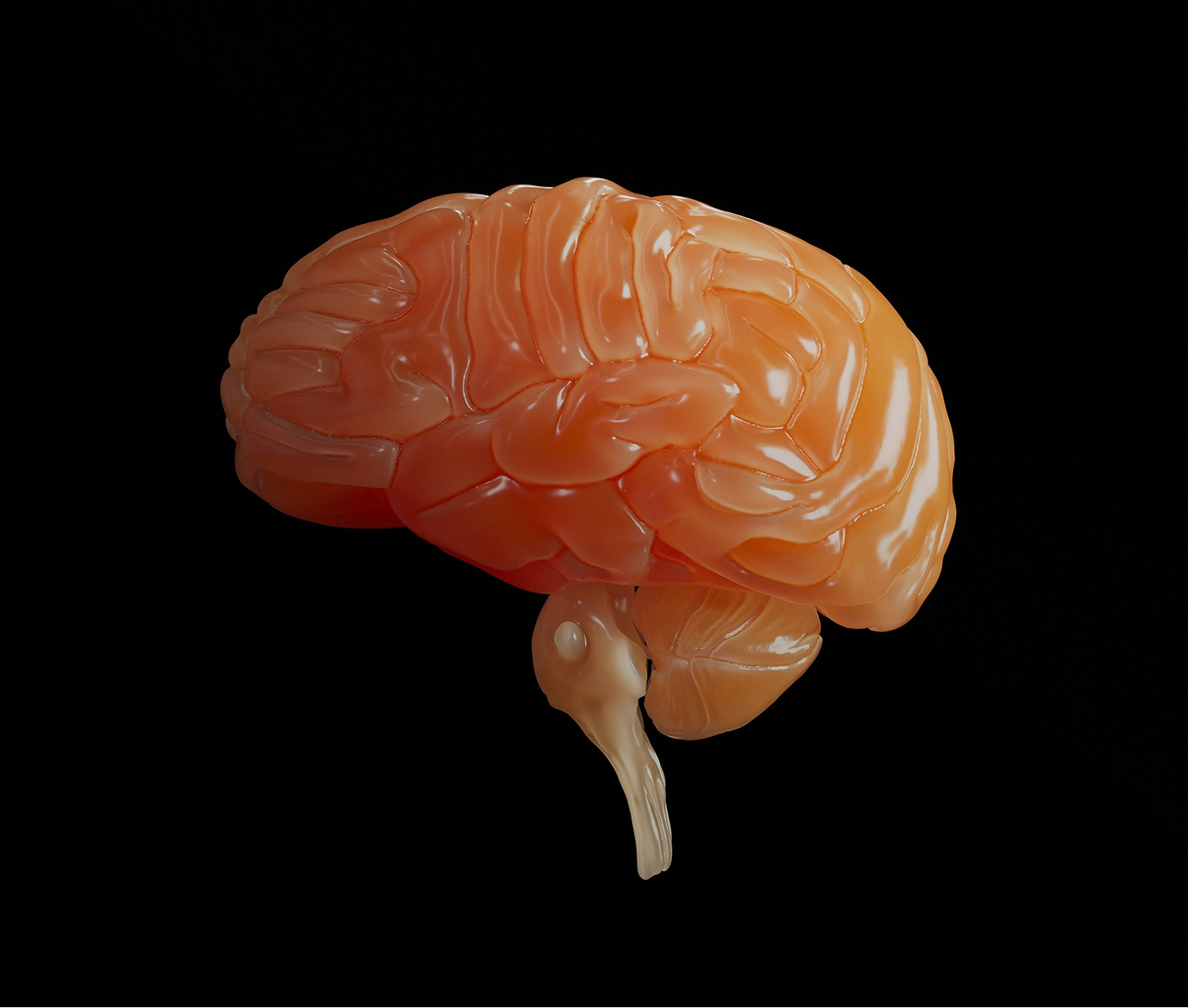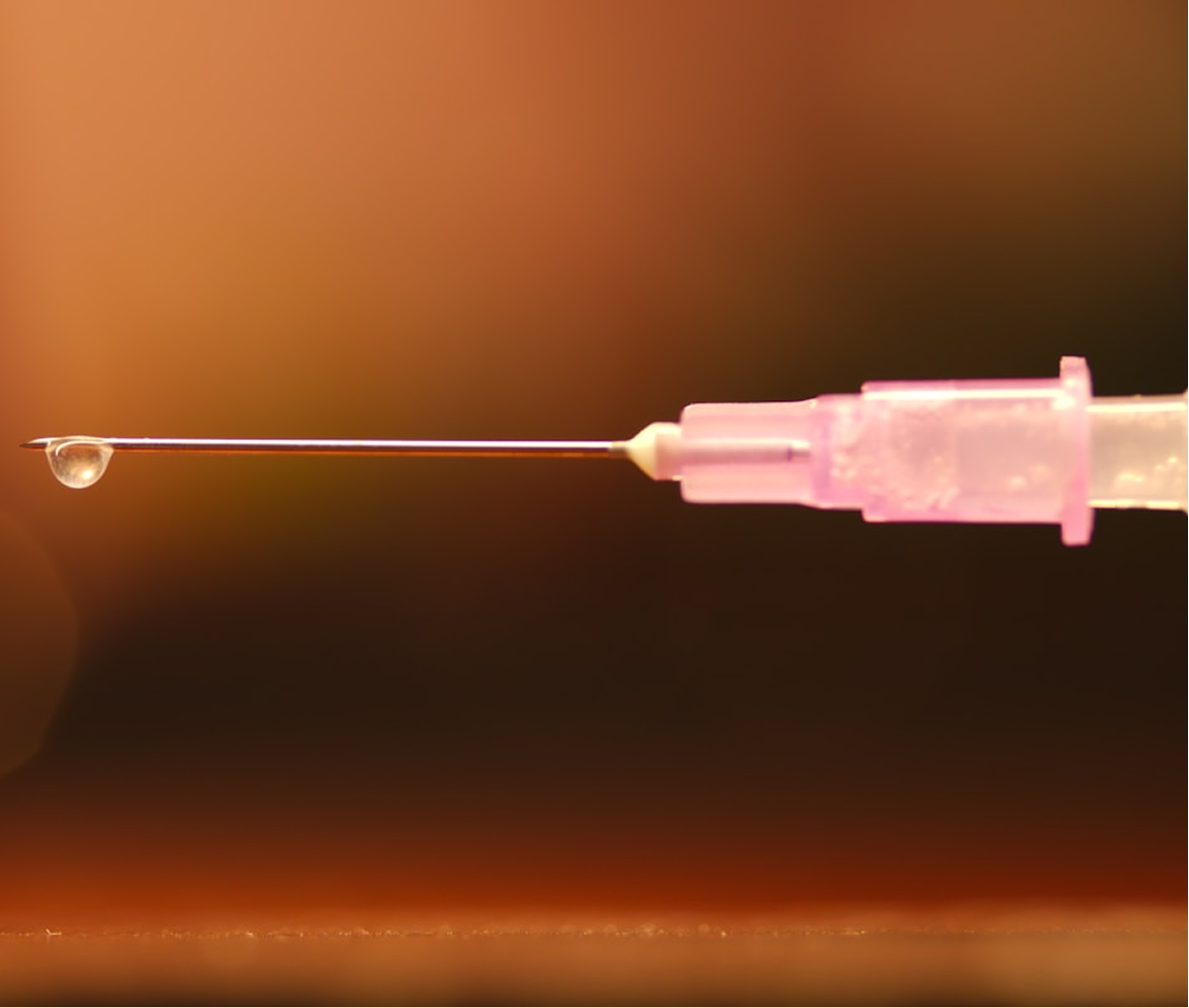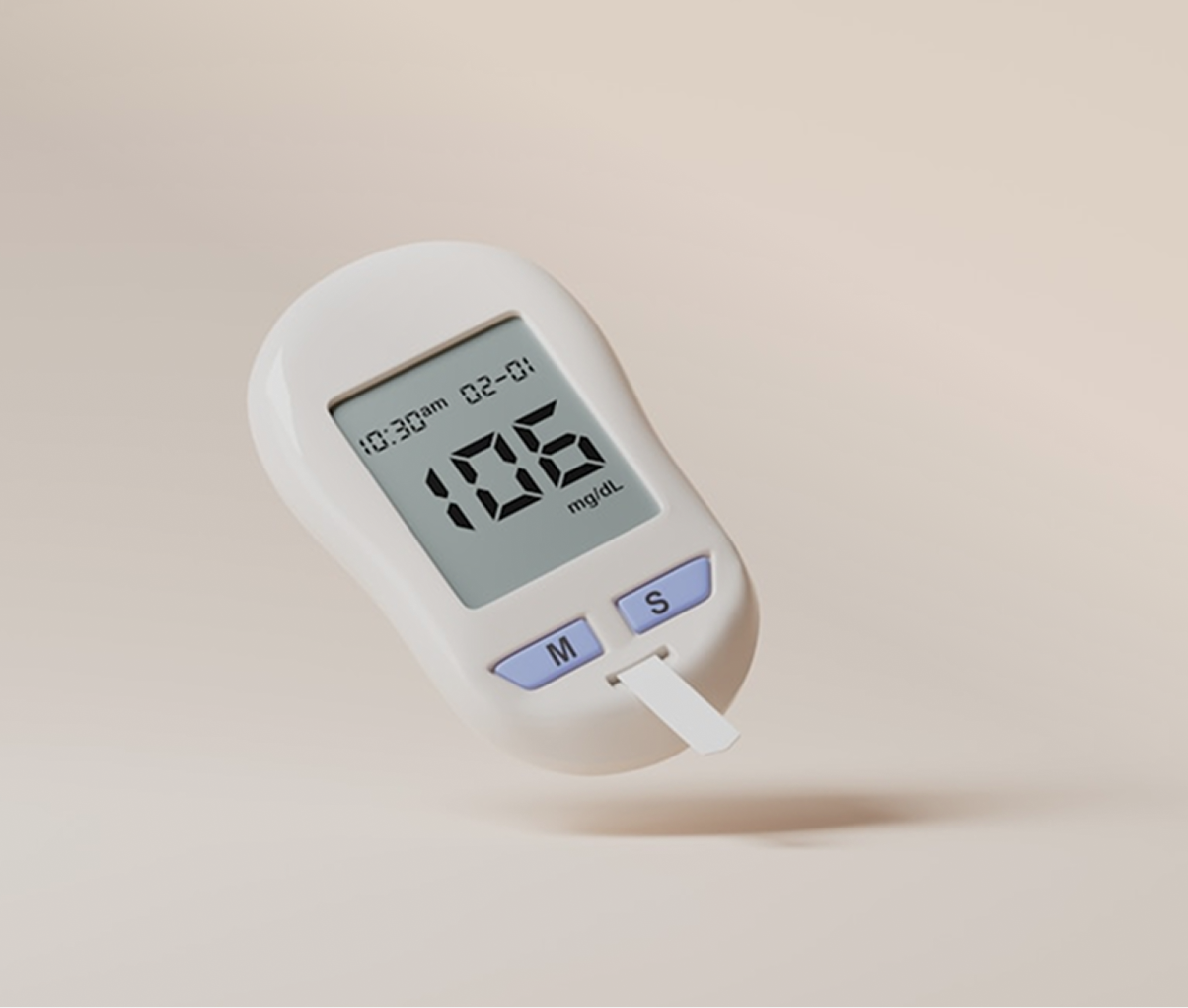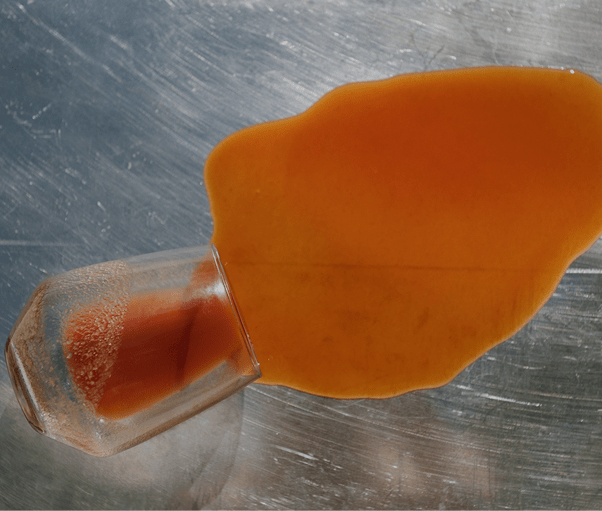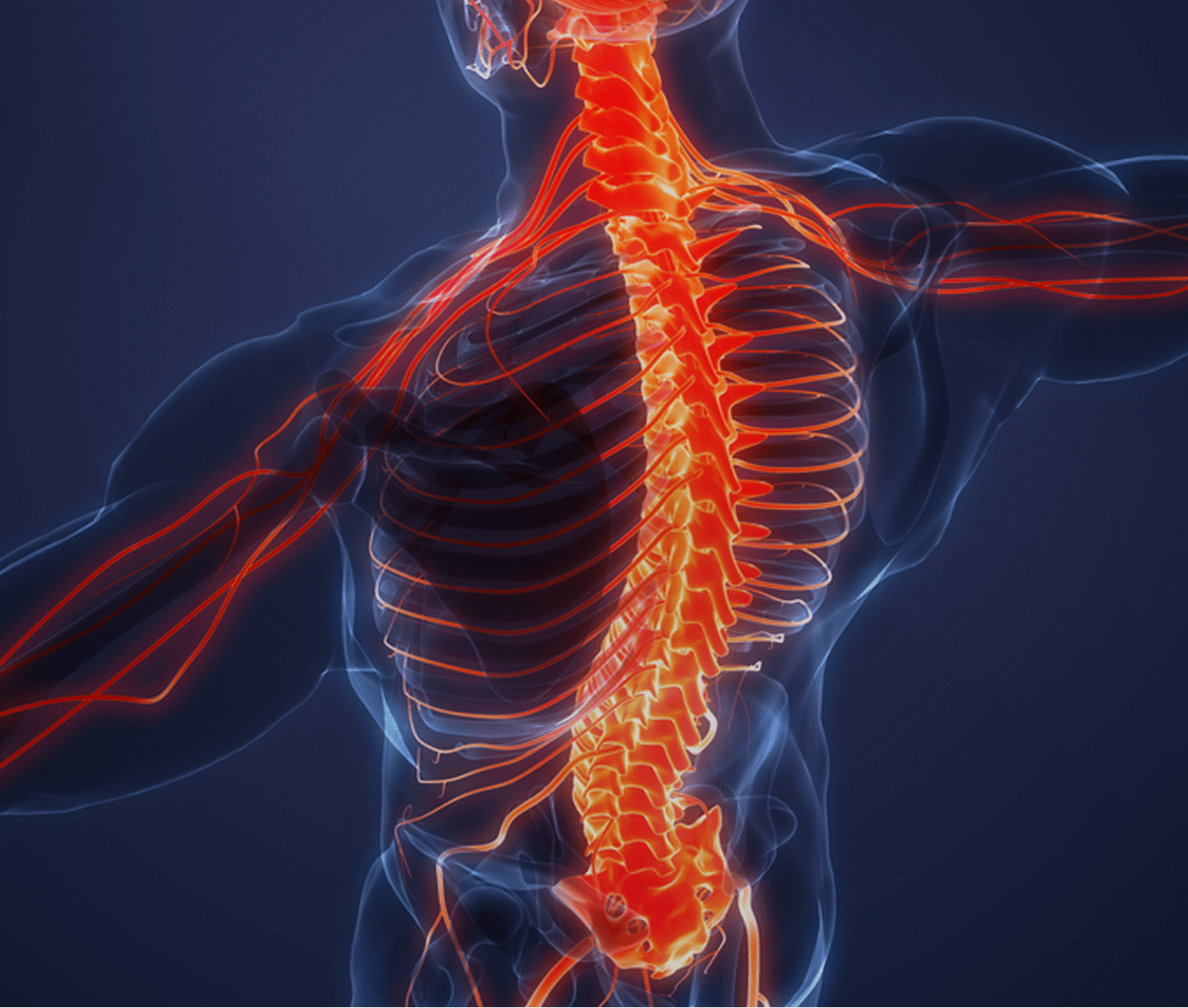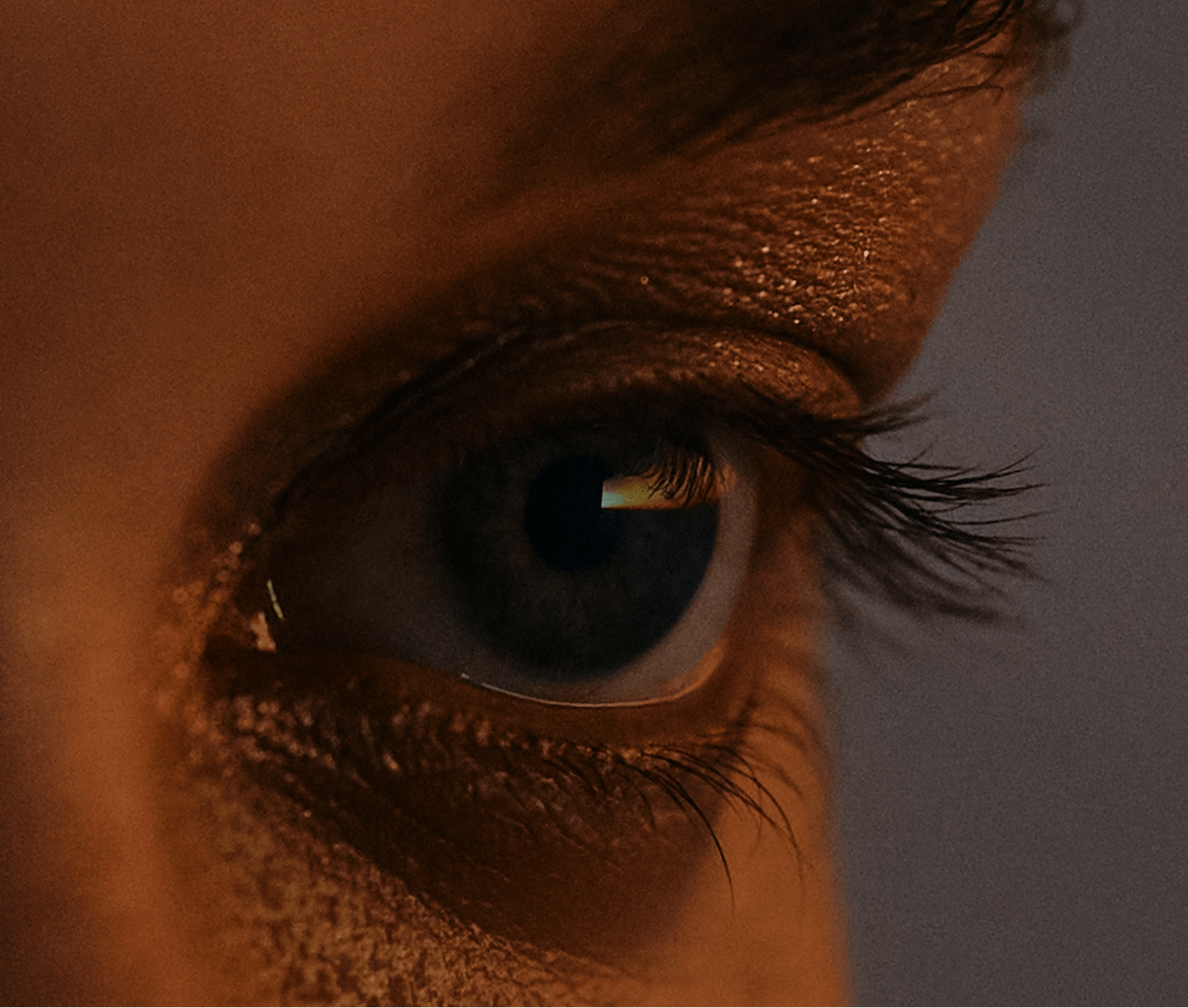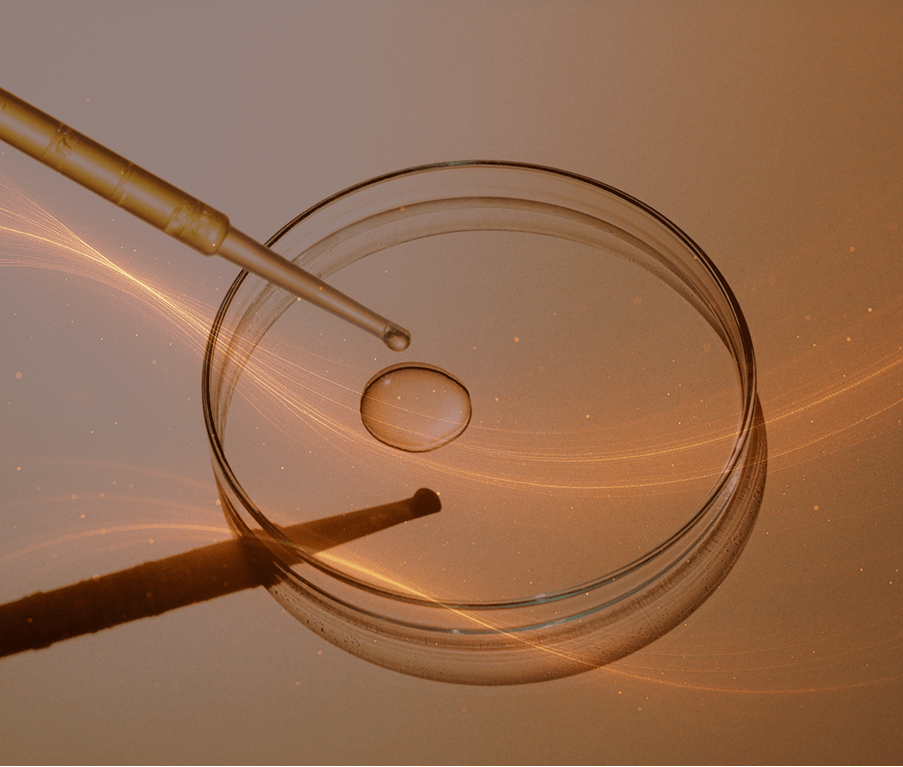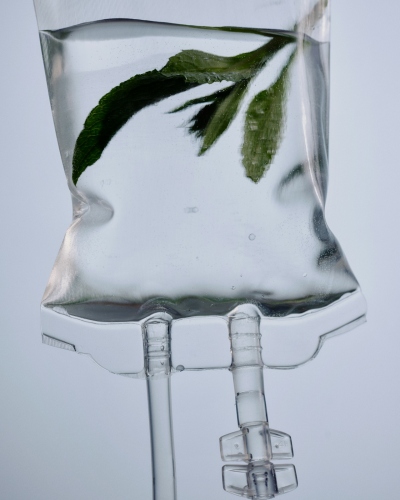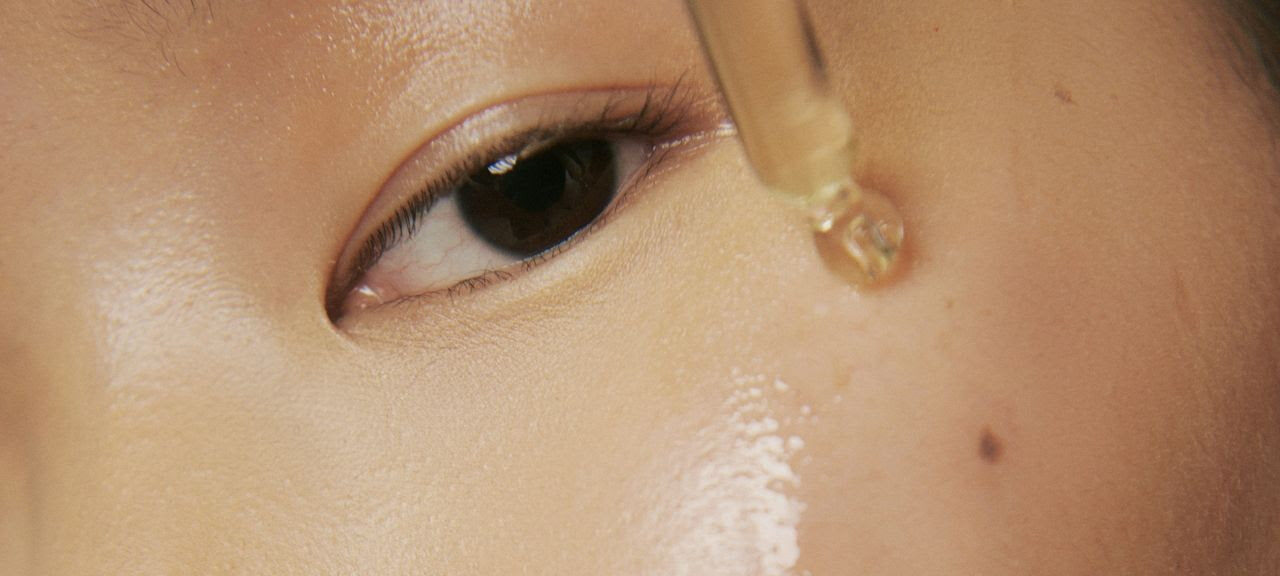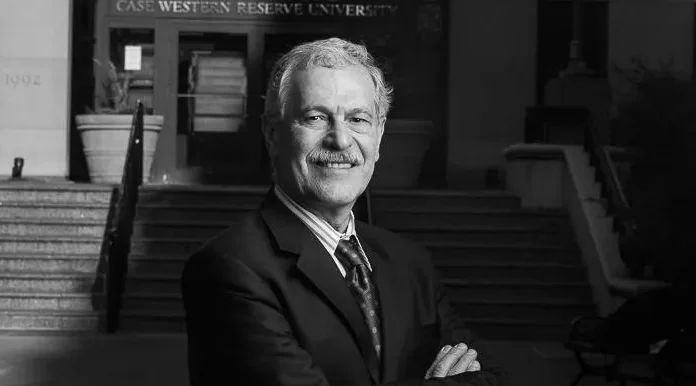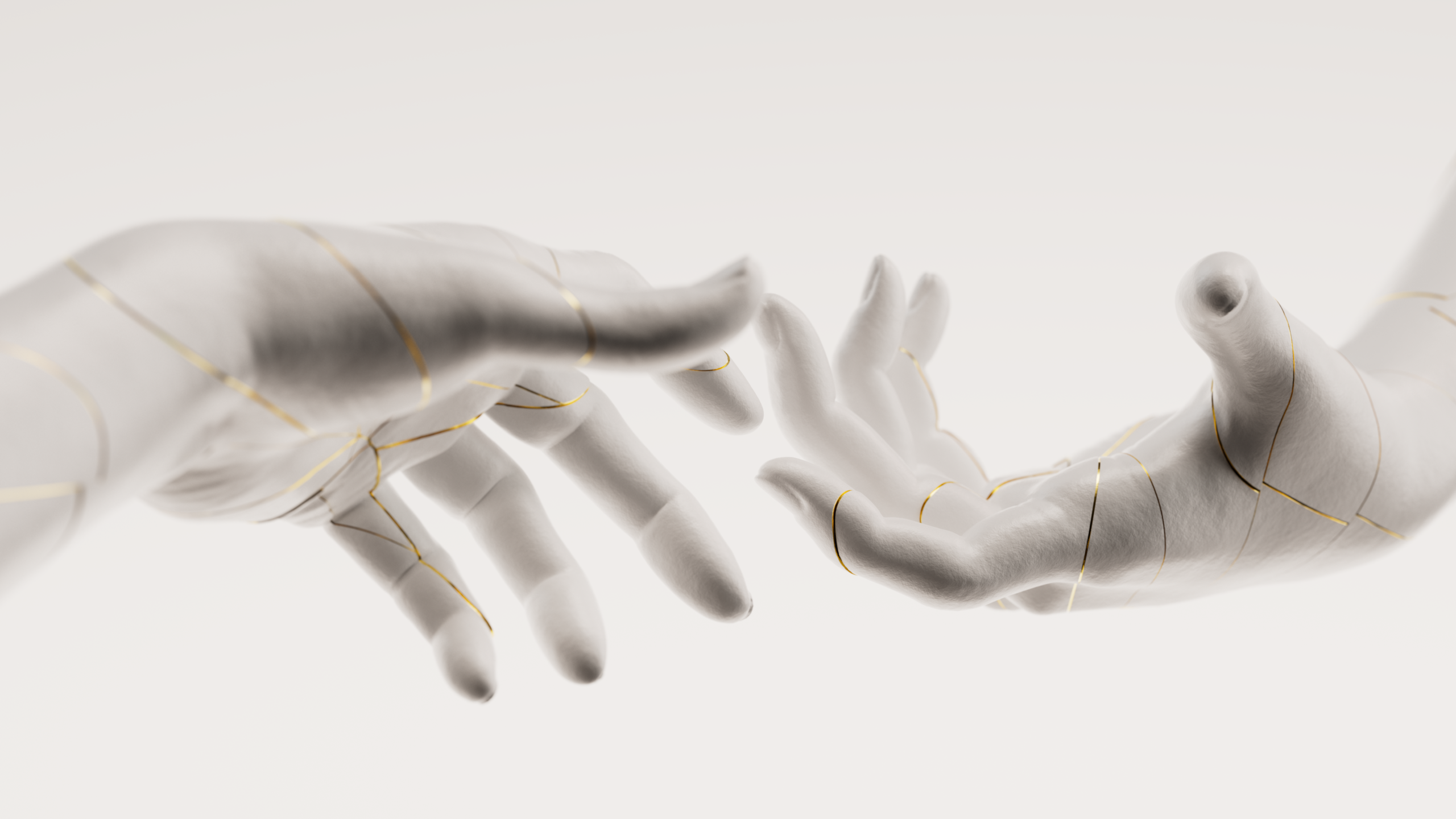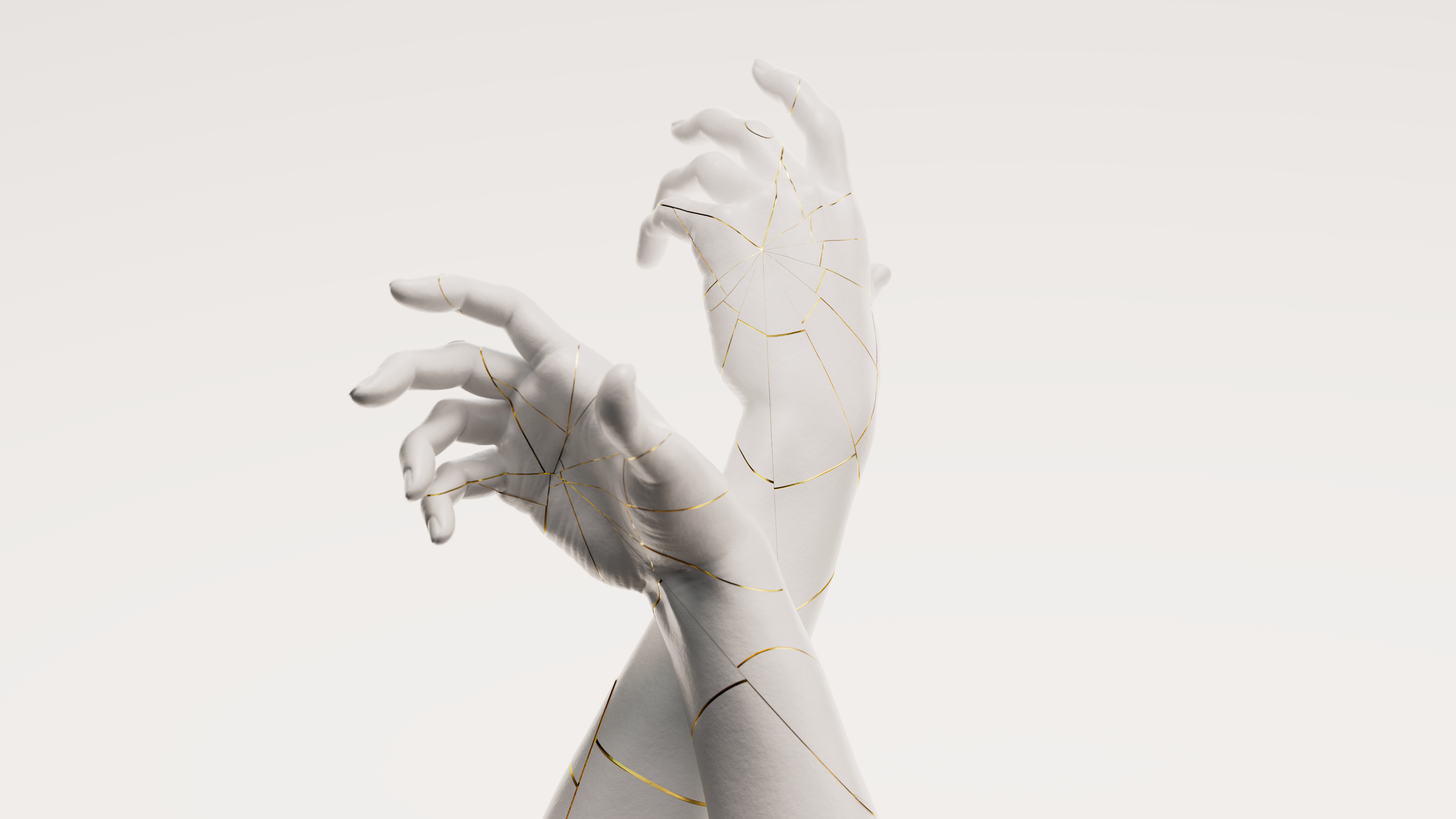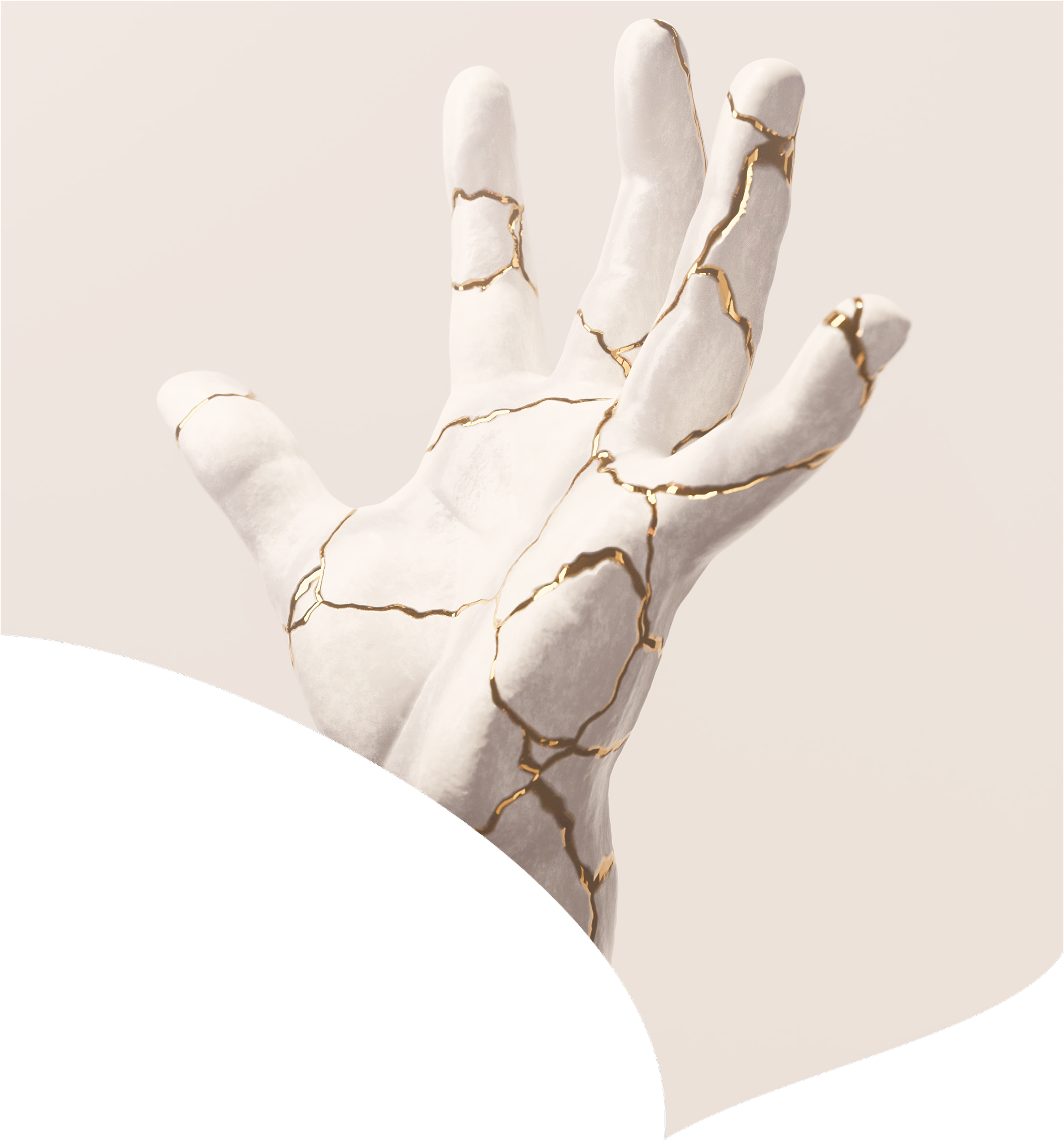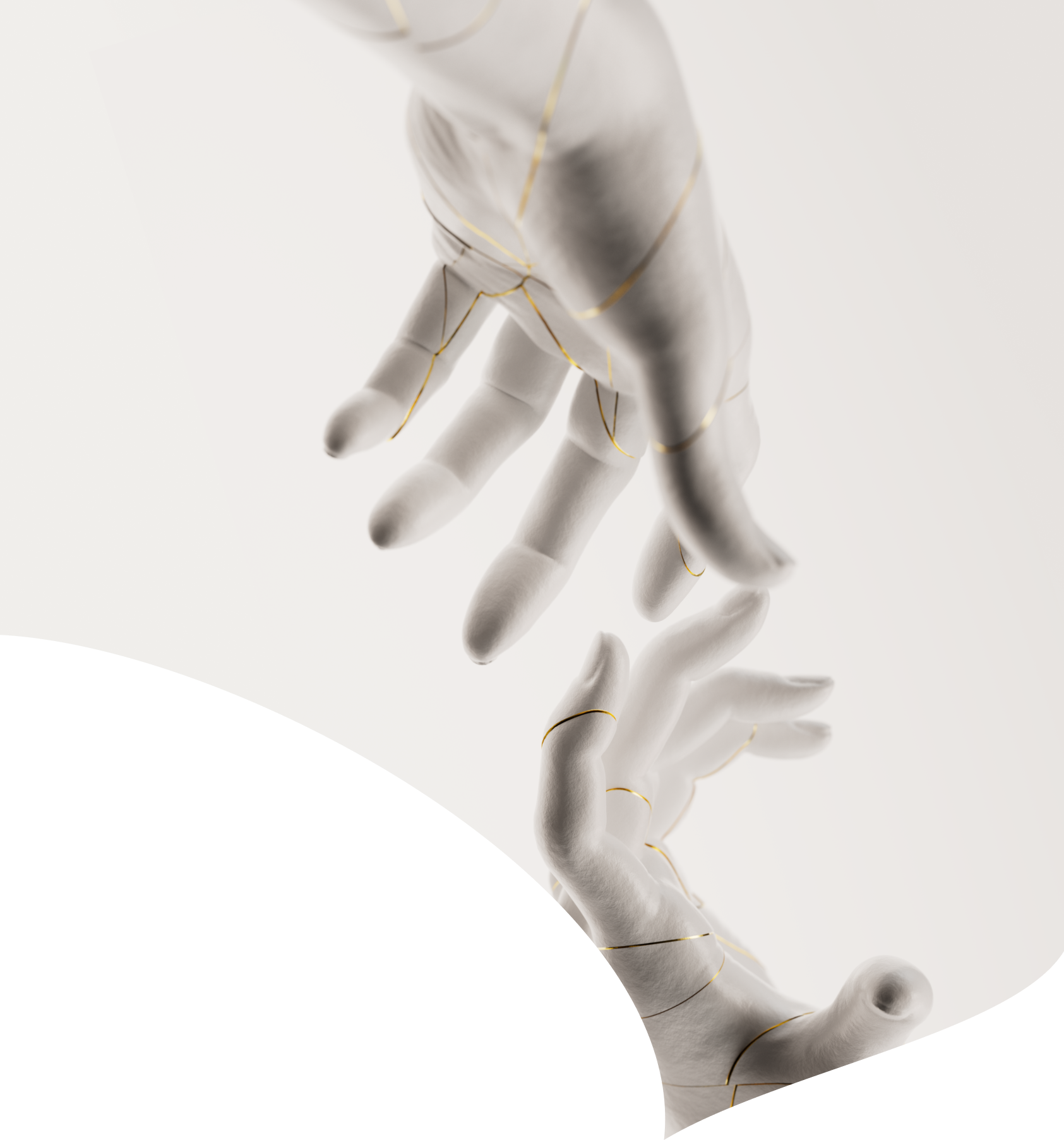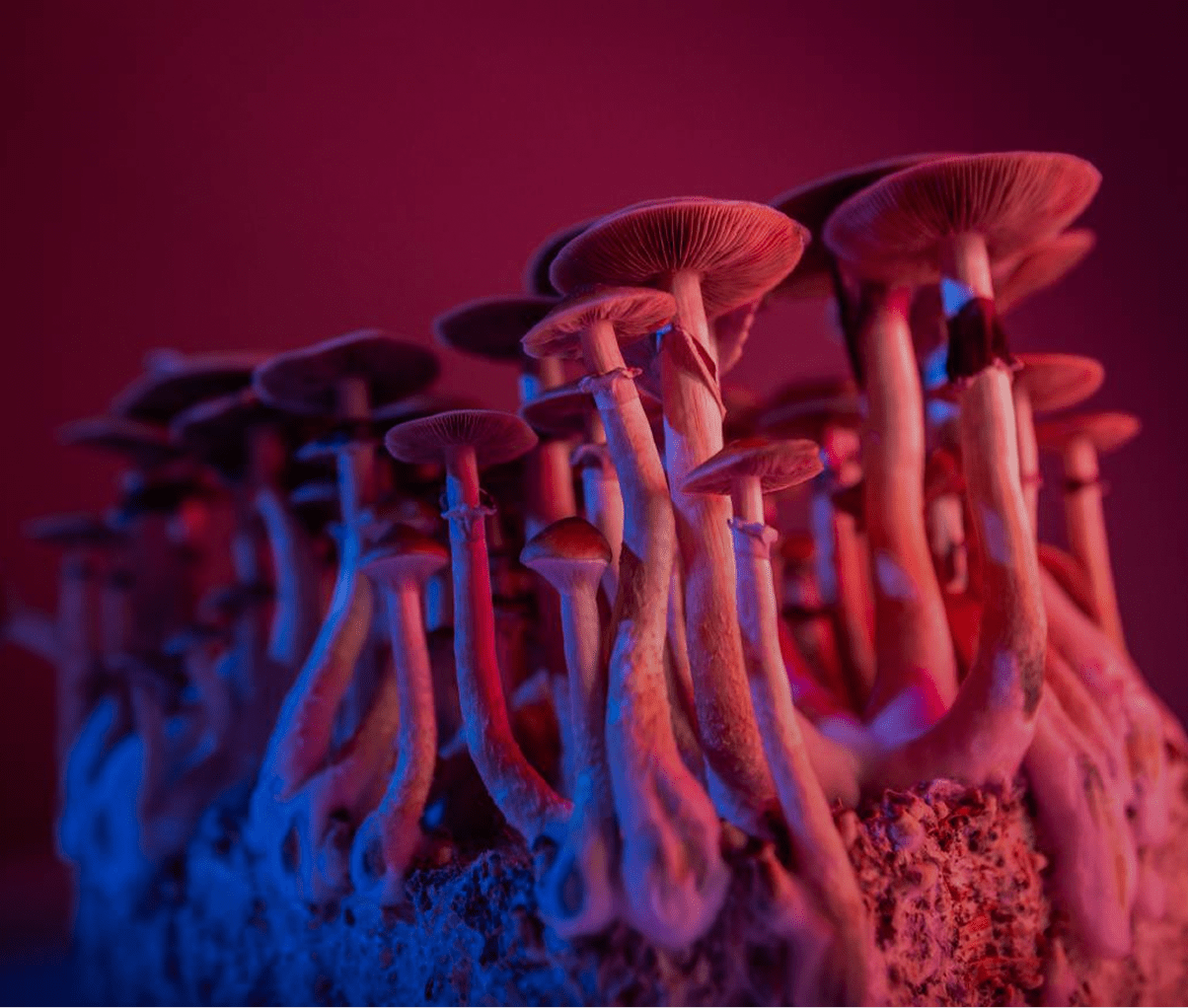
Psychedelics aren’t magic. But they can unlock something that feels close.
In the last issue, we explored the growing world of psychedelic medicine — from trauma healing and neuroplasticity to microdosing, creativity, and spiritual growth.
Missed it? You can catch up on The Psychedelics Issue.
But as we discussed, these compounds aren’t one-size-fits-all. They require context, caution, and a lot of integration afterward. The experience might be profound — but what comes next is where the real work begins.
Because this isn’t just about altered states. It’s about meaningful change.
Here to help us navigate the nuance is today’s expert, Dr. Dave Rabin.
Dr. Dave Rabin, MD, PhD, is a neuroscientist, board-certified psychiatrist, and Executive Director of The Board of Medicine. He has been studying the impact of chronic stress in humans for 15 years with a focus on non-invasive therapies for treatment-resistant illnesses.
His primary research on MDMA-assisted therapy for severe PTSD indicates that trauma can be reversed at the genetic level, offering hope of a cure. He is the co-founder and Chief Medical Officer at Apollo Neuroscience, the first scientifically validated wearable technology to improve heart rate variability, focus, relaxation, and access to meditative states.
He received his MD in medicine and PhD in neuroscience from Albany Medical College and specialized in psychiatry with a distinction in research at the University of Pittsburgh Medical Center, Western Psychiatric Institute and Clinic.
Q. How do psychedelics actually work in the brain? What are they doing up there?
There are four primary categories of psychedelic substances:
- Phenethylamines (e.g,. MDMA/Mescaline)
- Tryptamines (e.g., LSD, DMT, Ayahuasca, Psilocybin)
- Ketamine
- Cannabinoids (e.g., delta9-THC)
Psychedelic substances are neurocatalytic substances—meaning that they do quite a lot in the brain to enhance brain functioning. Amongst other things, they enhance neuroplasticity/learning, provide perspective, and accelerate brain function. They do so by activating neural networks involved in expanding awareness.
Sponsor Message from Journey Clinical
The future of psychedelic therapy isn’t just about compounds—it’s about infrastructure, safety, and access.
Journey Clinical is leading that future. Their collaborative model empowers licensed psychotherapists to offer Ketamine-Assisted Psychotherapy (KAP) in private practice, supported by an in-house medical team for screening, monitoring, and prescribing with psychiatric medication management.
This keeps care anchored in the therapist–client relationship, while ensuring clinical oversight. And it works: 87% of patients report improvement in symptoms after a course of treatment.
Journey Clinical has also partnered with COMPASS Pathways to help shape how psilocybin-assisted psychotherapy can be delivered if approved by the FDA, from therapist training to real-world protocols.
In a field driven by potential, they’re focused on what makes it real: clinical rigor, accessibility, and systems that scale.
The compounds may lead the headlines—but Journey Clinical is building the care delivery system.
Q. Is microdosing a legit mental health tool or just a low-dose placebo effect?
Microdosing the correct kind of psychedelics (tryptamines) has been found to be effective in the most recent clinical trials for enhancing energy and motivation; learning and memory; and focus and cognition. There is some early evidence of supporting mood enhancement.
There are few to no large studies of microdosing that qualify it as a tool to effectively treat mental illness. However, the use of psychedelics (microdosing or macrodosing) is known to worsen mental health in people with a history of psychotic disorders, delusional disorders, bipolar disorder, or personality disorder.
Q. Do psychedelics work differently depending on your personality or past trauma?
The psychedelics themselves work in the same way. However, the outcomes and experiences you have may be different from those others have.
Q. How do you know if you’re ready for a psychedelic experience?
Heart Rate Variability reflects flexibility of the nervous system. Resting Heart Rate correlates with cardiovascular resilience. Sleep efficiency influences biological aging trajectories. VO2 max is still one of the strongest predictors of biological youth. Gait speed and variability signal functional age and lifespan risk.
Longevity is a game of adaptability.
Q. Where do you see wearable tech heading in the next decade?
Here are four questions to ask yourself:
- Have I tried everything else without it working?
- Do I have any contraindications?
- Have I listened to The Psychedelic Report?
- Have I talked to my doctor about this option?
Q. What should someone actually do after a trip to make the experience or the insights last?
The best option is regular integration therapy with a trained therapist. You can also use Apollo Neuro and do other safety-based practices to reinforce feelings of safety in the body.
Eudēmonia Summit 2025
Dr. Dave Rabin will join 130+ other experts at Eudēmonia Summit November 13–16.
Join us in West Palm Beach to hear from the leaders who are pioneering the future of health and wellness.
Disclaimer: This newsletter is provided for educational and informational purposes only and does not constitute providing medical advice or professional services. The information provided should not be used for diagnosing or treating a health problem or disease, and those seeking personal medical advice should consult with a licensed physician.

January 23, 2026

January 16, 2026

January 16, 2026

January 9, 2026

January 9, 2026

January 2, 2026

December 26, 2025

December 19, 2025
